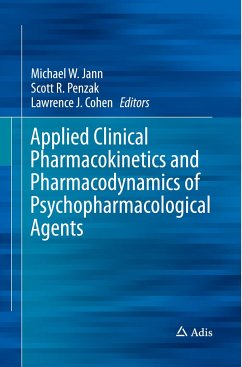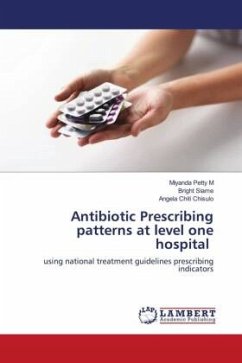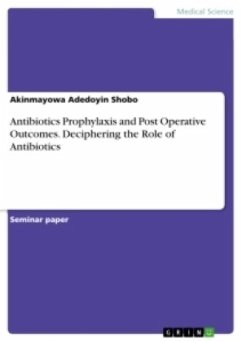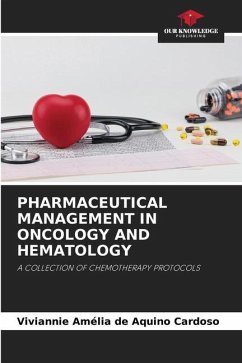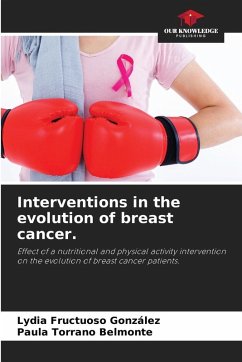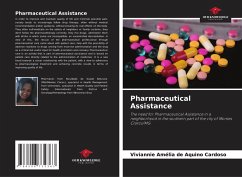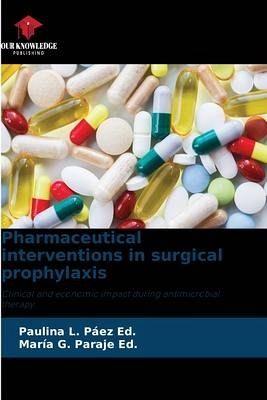
Pharmaceutical interventions in surgical prophylaxis
Clinical and economic impact during antimicrobial therapy.
Versandkostenfrei!
Versandfertig in 6-10 Tagen
29,99 €
inkl. MwSt.

PAYBACK Punkte
15 °P sammeln!
The growing increase in microbial resistance caused by natural selection and misuse of existing antimicrobials, coupled with the lack of new drugs with antimicrobial activity, jeopardizes the possibility of effective treatments against infectious diseases. Due to these factors and in an attempt to safeguard public health and avoid the risks associated with the absence of effective antimicrobials, programs known as Antimicrobial Stewardship Programs have been developed, mainly in high-income countries. The situation is much more critical in developing countries, where the implementation of thes...
The growing increase in microbial resistance caused by natural selection and misuse of existing antimicrobials, coupled with the lack of new drugs with antimicrobial activity, jeopardizes the possibility of effective treatments against infectious diseases. Due to these factors and in an attempt to safeguard public health and avoid the risks associated with the absence of effective antimicrobials, programs known as Antimicrobial Stewardship Programs have been developed, mainly in high-income countries. The situation is much more critical in developing countries, where the implementation of these programs is more complex, since it involves a greater initial investment in order to increase qualified human resources to develop and monitor compliance with these programs. However, it has been shown that the application of these programs has both clinical and economic benefits that far outweigh the costs of their implementation.



